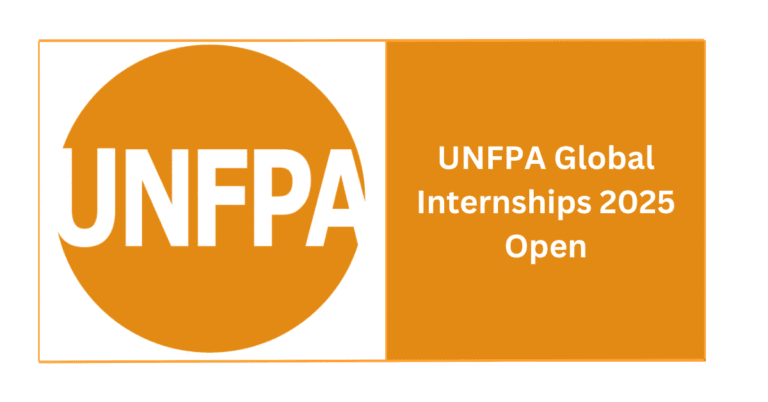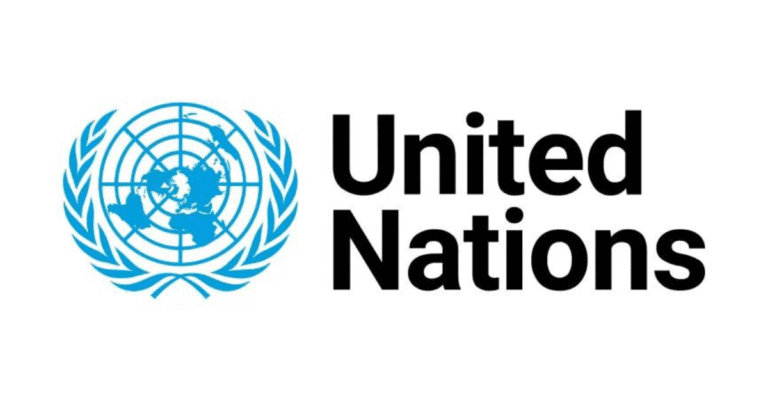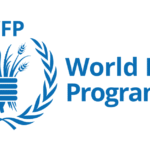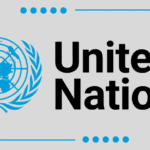The Council for Scientific and Industrial Research (CSIR). The CSIR GIT Programme 2026 provides new graduates with the opportunity to gain practical, hands-on experience in a structured research environment. The 12-month programme equips participants with essential research, analytical, and professional skills to launch their careers in science, engineering, and technology.
About the CSIR GIT Programme
The GIT Programme is designed to bridge the gap between academic learning and real-world application. Participants work on projects that address pressing national and regional challenges, contributing to innovation that impacts communities and industries.
The programme aims to:
- Develop a pipeline of skilled research professionals in science, engineering, and technology.
- Provide graduates with practical work experience under mentorship from experienced CSIR researchers.
- Foster innovation, problem-solving, and leadership skills among emerging professionals.
- Equip participants for future careers in research, academia, industry, or entrepreneurship.
Key Features of the Programme
Duration and Structure
- 12-month internship programme.
- Integrated into research teams, contributing meaningfully to ongoing projects.
Financial Support
- Monthly stipend to cover living expenses.
- Competitive compensation reflecting the local research sector.
Mentorship and Guidance
- Direct mentorship from experienced CSIR researchers.
- Guidance in research methods, project management, and career development.
Skills Development
- Informal training via the CSIR Innovation, Leadership, and Learning Academy.
- Workshops and seminars on technical and soft skills, including leadership, communication, and innovation.
Meaningful Project Work
- Exposure to projects with real-world impact.
- Themes include renewable energy, health innovation, ICT, advanced manufacturing, water and environmental sciences, and infrastructure development.
Eligibility Criteria for CSIR GIT Programme 2026
To qualify for the CSIR GIT Programme, candidates must:
- Hold a BSc, BEng, or BSc Honours degree in Science, Engineering, or Technology.
- Be South African citizens or legal residents.
- Demonstrate strong academic performance and interest in research.
- Commit to the full 12-month programme.
- Show excellent communication and teamwork skills.
Ideal Candidate Profile
CSIR seeks graduates who:
- Have a curious and analytical mindset.
- Work well in interdisciplinary teams.
- Are committed to lifelong learning and innovation.
- Are proactive, adaptable, and ready to contribute to meaningful research.
- Aspire to build a career in research and development.
Benefits of the CSIR GIT Programme
Professional Development
- Exposure to advanced research facilities and technologies.
- Opportunities to publish or contribute to reports and research papers.
- Development of leadership, analytical, and project management skills.
Networking
- Engage with experienced scientists, engineers, and industry professionals.
- Build professional networks and connections for future career opportunities.
Societal Impact
- Contribute to research that addresses national and regional challenges.
- Gain a sense of fulfillment by working on projects with real-world significance.
Application Process
How to Apply
- Prepare Your CV
Include academic achievements, research experience, and relevant skills. - Write a Motivational Statement
Clearly explain your interest in CSIR and your alignment with the GIT Programme. - Submit Supporting Documents
Include certified copies of your degree, transcripts, ID, and any relevant certificates. - Apply Online
Applications are accepted via CSIR’s vacancies platform. Apply to specific openings as advertised. - Shortlisting and Interviews
Shortlisted candidates may be invited for interviews or technical assessments. - Final Selection
Successful candidates receive an offer letter outlining start dates, stipend, and placement details.
Related Posts
- [UNDP Global Internship 2026 – Fully Funded Graduate Programme]
- [GIZ Entry-Level Programs 2026 – Fully Funded Internships]
- [UNESCO Freelance Consultant Roles 2026 – Paid Global Opportunities]
- [Mercy Corps Global Fellowship 2026 – Fully Funded Training & Stipend]
- [UN Volunteer Assignments 2026 – 100% Remote Opportunities]
Follow Our Social Media Pages
Join Our WhatsApp Group
Join Our WhatsApp Channel
Follow Our Facebook Page
Selection Process
The selection process is highly competitive and includes:
- Screening of applications based on eligibility and academic merit.
- Shortlisting for interviews or assessments.
- Panel interviews with senior researchers and HR representatives.
- Final selection and onboarding.
Timeline and Key Dates
While recruitment occurs throughout the year, the main timeline includes:
- Applications Open: January 2025
- Shortlisting & Interviews: March – May 2025
- Placement Start: June – August 2025
- Additional Intake: September – November 2025 (subject to project availability)
Areas of Research
Graduates may work in various research areas, including:
- Renewable Energy & Climate Science – Solar, energy transition, and environmental monitoring.
- Health & Biomedical Innovation – Diagnostics, medical devices, and healthcare systems.
- Information & Communications Technology (ICT) – AI, cybersecurity, and digital infrastructure.
- Advanced Manufacturing – Materials science and process innovation.
- Water & Environmental Sciences – Sustainable water management and ecosystem protection.
- Transport & Infrastructure – Sustainable mobility and smart infrastructure solutions.
Salary and Support
- Interns receive a monthly stipend to cover basic living expenses.
- Non-financial support includes mentorship, access to advanced research facilities, and professional development opportunities.
Career Opportunities After the Programme
Graduates often transition to:
- Permanent research positions at CSIR or partner organizations.
- Postgraduate studies, including master’s and doctoral programmes.
- Private sector roles leveraging technical expertise.
- Entrepreneurial ventures in science, engineering, and technology.
Tips for a Successful Application
- Highlight academic achievements and relevant projects.
- Demonstrate practical experience and technical knowledge.
- Show a clear understanding of CSIR’s mandate and goals.
- Write a motivational statement that is authentic and aligned with CSIR’s objectives.
- Prepare for interviews by reviewing research topics and practising communication skills.
Frequently Asked Questions (FAQs)
1. Who can apply?
Recent graduates in science, engineering, or technology fields.
2. Is prior work experience required?
No, but relevant research or project experience is advantageous.
3. How long is the internship?
12 months.
4. Is the internship paid?
Yes, interns receive a competitive monthly stipend.
5. Can international graduates apply?
Primarily for South African citizens or legal residents.
6. What happens after the internship?
Graduates can transition to permanent roles, postgraduate studies, or other career opportunities.
7. Do I need to relocate?
Most placements require relocation to CSIR campuses. Some may allow hybrid arrangements.
8. What kind of mentorship is offered?
Interns are paired with experienced researchers who provide guidance and career support.
Keywords: CSIR GIT Programme 2025, CSIR internship 2025, South Africa graduate internships, research internship South Africa, science and engineering internships, technology internships South Africa, CSIR Graduate in Training, CSIR stipend, CSIR application dates, CSIR eligibility, CSIR mentorship program, CSIR career opportunities, CSIR research projects, CSIR training program, graduate opportunities South Africa







